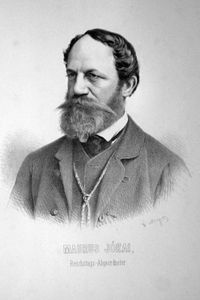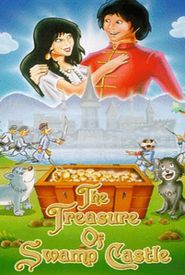Mór Jókai, a renowned writer of Hungarian origin, entered this world on February 18, 1825, in the charming town of Komárom, which was then situated within the Kingdom of Hungary, a constituent part of the vast and powerful Austrian Empire. Today, this picturesque town is known as Komarno, and it is nestled in the heart of Slovakia.
Throughout his illustrious career, Mór Jókai gained recognition for his remarkable literary contributions, including the notable works "The Gypsy Baron" (1927),"Der Zigeunerbaron" (1975),and "Souboj s Bohem" (1921). These masterpieces not only showcased his exceptional writing skills but also left an indelible mark on the world of literature.
In his personal life, Mór Jókai was married twice, first to the lovely Bella Nagy and then to the charming Róza Laborfalvi. Unfortunately, his life came to a close on May 5, 1904, in the vibrant city of Budapest, which was then part of the vast and influential Austria-Hungary. Today, this magnificent city is the capital of Hungary, a country with a rich cultural heritage and a deep appreciation for the arts.



















